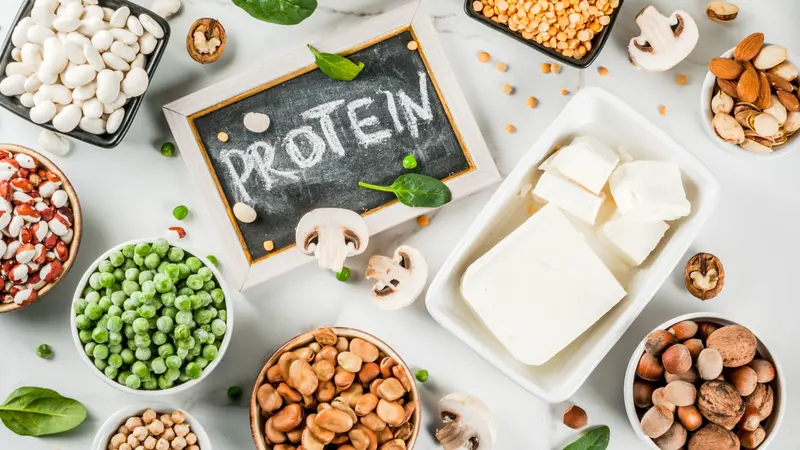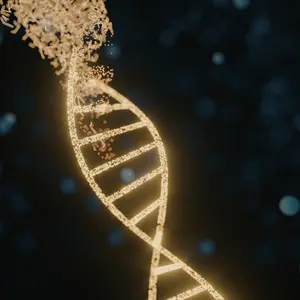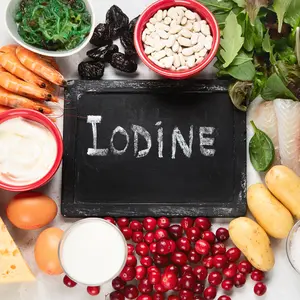

Food, Farming and Nutrition

Food, Farming and Nutrition
How to Make Sure You Get Enough Protein on a Vegan Diet
A growing body of evidence shows that a vegan diet—a plant-based diet that excludes animal products—can reduce the risk of heart disease, diabetes, and cancer by controlling risk factors such as blood pressure and blood sugar. However, skeptics of the vegan diet question whether a plant-based diet can meet protein needs.
Proteins—nutrients that are required for a number of vital roles in the body—are needed in abundance in the human diet. Protein molecules are made up of amino acids. Some amino acids can be produced by the body, but others, called essential amino acids, must come from food. A deficiency in even one amino acid can have a negative effect on overall health.
Foods that contain all nine essential amino acids are known as "complete proteins." The debate over whether vegan diets deliver enough protein arises from the fact that the most common sources of complete proteins are animal products, such as meat, eggs, and dairy.
Experts say vegans can meet protein needs by considering the completeness of the proteins in their overall diet. Many plant sources such as grains, legumes, nuts, and seeds contain amino acids, and these can complement each other to provide an optimal balance of amino acids. Eating a wide variety of protein-rich plants will ensure adequate intake of protein.
People who follow a vegan diet can improve the bioavailability of the protein they consume by reducing antinutrients in the diet. Antinutrients, such as protease inhibitors and tannins, affect protein absorption, making nutrients less available for use in the body. Protease inhibitors are found in grains, legumes, and seeds, and tannins are found in coffee, tea, chocolate, barley, and dark-colored fruits. While protease inhibitors are common sources of plant proteins and tannins can be beneficial due to antioxidant properties, these foods may also limit protein absorption. Antinutrients can be reduced by soaking, boiling, fermenting, or sprouting the foods before consumption.
Nutrition experts encourage people following a vegan diet to avoid ultra-processed plant-based foods such as packaged veggie burgers and other "meat replacement" foods. These are often low in protein and high in fat from refined vegetable oils. Instead, make nutrient-dense choices from mostly whole foods.
If a person following a vegan diet is diagnosed with a protein deficiency or is lacking access to a variety of plant-based protein sources, a plant-based protein supplement may be necessary to ensure adequate protein intake.
REFERENCES
Occhipinti, M. (2020, December 8). Do plant-based diets meet protein needs? American Fitness Professionals Association. https://www.afpafitness.com/blog/do-plant-based-diets-meet-protein-needs


 By
By






